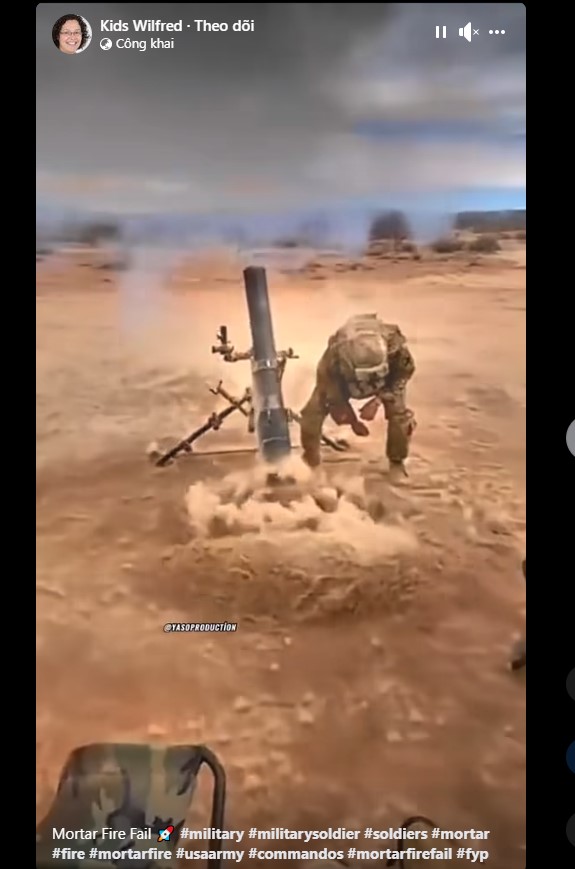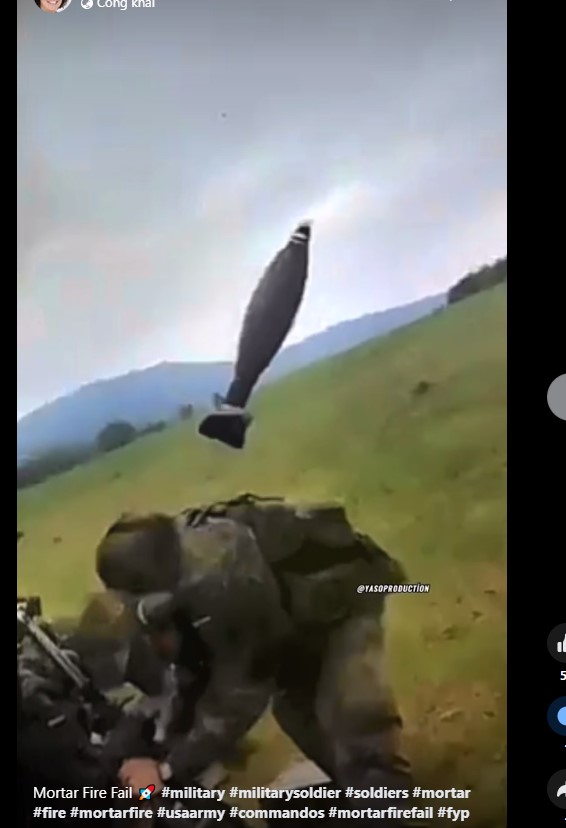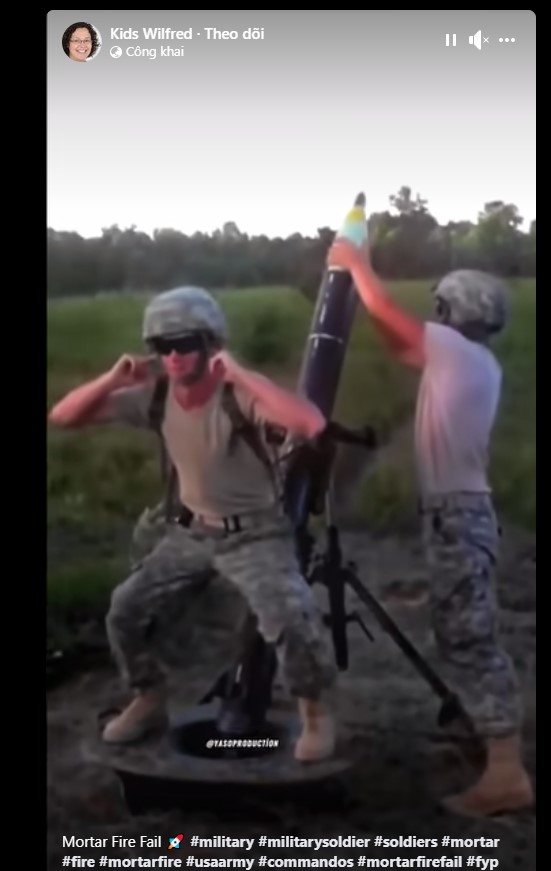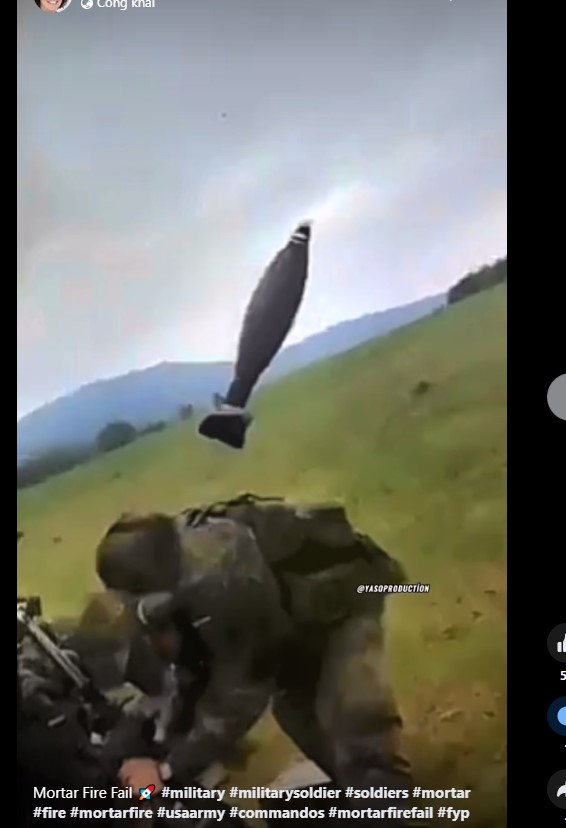
Introduction: In the realm of military operations, the deployment of mortar fire is a crucial and often highly challenging element. Mortars are used to provide indirect, high-angle fire to support ground troops or engage enemy positions. However, like any military operation, things can sometimes go awry. In this article, we’ll explore the concept of “Mortar Fire Fail” and the valuable lessons it teaches in the face of adversity.

The Precision of Mortar Fire: Mortar fire is a precise operation that requires well-coordinated teamwork and meticulous planning. When executed correctly, it can be a powerful tool for gaining an advantage on the battlefield. However, it is also a high-risk endeavor that demands the utmost attention to detail.

Understanding Mortar Fire Fail: Mortar fire fails can occur due to various factors, such as miscalculations, equipment malfunctions, or adverse weather conditions. These incidents often result in missed targets or even unintended harm to friendly forces. Mortar fire fails are stressful situations that demand quick thinking and adaptability from military personnel.
The Importance of Adaptability: One crucial lesson that “Mortar Fire Fail” teaches is the importance of adaptability in the face of adversity. When a mortar round misses its target or a malfunction occurs, soldiers must swiftly adjust their tactics and take necessary precautions to prevent further mistakes or accidents.
Learning from Mistakes: Mistakes in military operations can have serious consequences, making it vital for personnel to learn from them. “Mortar Fire Fail” incidents serve as opportunities for improvement. Through careful analysis, military units can identify the root causes of the failure and implement changes to reduce the likelihood of similar events in the future.
Enhancing Teamwork: Mortar fire is a team effort, and “Mortar Fire Fail” incidents highlight the significance of effective teamwork. Success in the field relies on the cooperation and communication among team members. Mistakes can lead to better coordination and collaboration among soldiers to minimize risks and maximize effectiveness.
Conclusion: “Mortar Fire Fail” may be a term associated with challenges and adversity in military operations, but it also serves as a valuable teacher. It emphasizes the importance of adaptability, learning from mistakes, and enhancing teamwork in the face of adversity. By embracing these lessons, military personnel can strive for improved performance and a safer, more effective execution of mortar fire operations.
https://www.facebook.com/reel/1301247623859944

